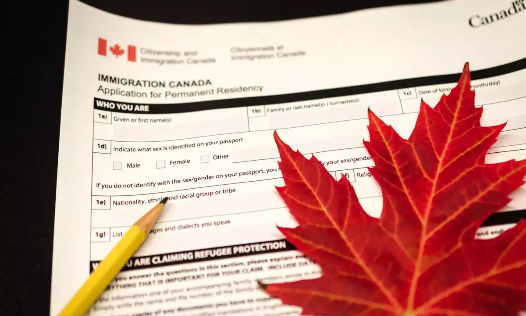Payment is being processed. Please do not refresh or close this page until your payment is complete.
 Book an Appointment
Book an Appointment

In a significant development, Immigration, Refugees, and Citizenship Canada (IRCC) has reported a decline in its backlog of immigration applications for the first time since May 2024. As of October 31, the total number of applications in the backlog decreased by 3.73% to 1,056,100.
Key Backlog Statistics
• Total backlog applications: 1,056,100 (down from 1,097,000 in September).
• Overall applications in process: 2,406,000.
• Applications processed within service standards: 1,349,900.
Despite this progress, the IRCC is still working to meet its ambitious targets of processing 80% of applications within service standards.
What Does the Backlog Mean for Applicants?
An immigration backlog occurs when the IRCC cannot process applications within its published service standards. These timelines vary by program and depend on factors like demand and available spots.
While a recent decline in backlog is positive, processing times may still vary. Factors such as program type, application volume, and individual circumstances can affect how quickly applications are reviewed.
Permanent Residence Backlog Insights
As of October 31, there were 830,300 permanent residence applications in IRCC’s inventory, with 519,200 processed within service standards. Here’s how the backlog breaks down:
• Express Entry programs: Backlog increased to 19% (up from 17% in September).
• Express Entry-aligned Provincial Nominee Program (PNP): Backlog grew to 25%, surpassing the projected 20%.
• Family sponsorship (spouses, partners, children): Remained steady at 15%, meeting the projected target.
What It Means for Applicants
Applicants to Express Entry programs and the PNP should anticipate potential delays. However, family sponsorship applicants appear to face stable processing times.
Temporary Residence Applications
For temporary residence, IRCC processed 48% of 1,351,600 applications within service standards. Notable improvements include:
• Study Permits: Backlog reduced to 33% (from 36%).
• Work Permits: Slight improvement, with backlog decreasing to 46% (from 47%).
• Temporary Resident Visas: Steady rise in processing efficiency, with 74% of applications processed on time.
Tips for Temporary Residents
Those applying for study and work permits may see slightly improved timelines. IRCC’s continued efforts to streamline processes should further ease delays.
Citizenship Applications
The backlog for citizenship grants has remained consistent, standing at 17%—on par with September’s figures. Since November 2023, this category has consistently met its target percentages.
How IRCC Is Tackling the Backlog
IRCC is implementing several initiatives to address the backlog:
1. Reduced immigration targets: Canada’s new Immigration Levels Plan proposes lower permanent resident admissions over the next three years, which may help alleviate pressure.
2. Digital solutions: Virtual citizenship ceremonies and online portals for checking application statuses aim to streamline workflows.
3. Study Permit Pilot Project: Announced by Canada’s Federal Court in October, this initiative reduces judicial review wait times for rejected study permits from 14-18 months to under five months.
Conclusion
IRCC’s latest updates reveal promising progress in reducing Canada’s immigration backlog. While challenges remain, the government’s proactive measures offer hope for applicants awaiting decisions. Prospective immigrants and temporary residents should stay informed about IRCC updates and leverage online resources to track their applications.
Source: https://travelobiz.com/canadas-immigration-backlog-shrinks-key-updates-on-pr-and-temporary-visas/